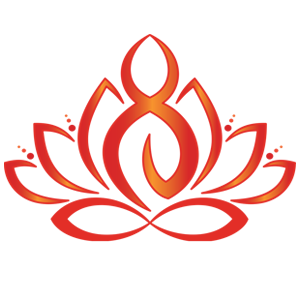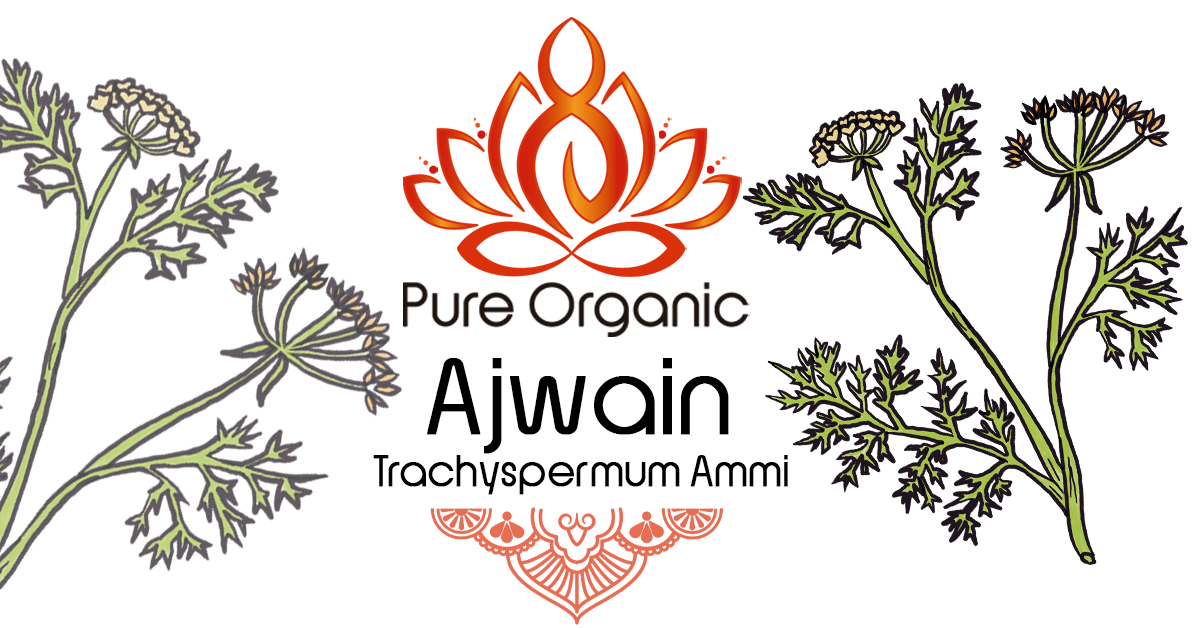Trachyspermum Ammi, Ajwain or Bishop’s weed is herb used in ayurvedic medicines for its carminative properties. It is an annual herbaceous plant bearing the grayish-brown fruits (seeds), which constitute the spice. Ajwain has an erect and striate stem involving glabrous or minutely pubescent properties, which may grow up to 90 cm tall. The seeds are more known as adjuncts used in small quantities for flavouring numerous foods, as anti-oxidants, as preservatives, or in medicine or for the manufacture of essential oils for ultimate use in perfumery, essences and medicine, etc.
Who does not love the strong beautiful hair? Whether it be men or women, all human beings love nice and healthy hair. Ajwain works for the same. It stops the greying of hair. Keeps them young, strong and nourished. It just eradicates the problem of hair fall, works on dandruff and other hair problems. It can work by consuming a little amount of ajwain with our food or drinking its water. One can even feel its good impact if the hair gets washed with its water.
- For hair wash, boil the ajwain in water till it leaves the color and then pours its water leaving its powder residue besides.
- For hair oil, boil the seeds of ajwain in coconut oil with onion, and apply it in the hair 1 hour before the bath. Tremendous changes will be visible.
It slows down greying
Ajwain seeds have shown promise in delaying greying of hair in both men and women. Everyone loves beautiful and healthy hair, and ajwain works for that.
Carom seeds keep your hair healthy, young and seem to have benefits for the greying hair, hair fall, and dandruff.
You also can wash your hair with carom water.
1. Boil the ajwain leaves and seeds in water until the color change, pour, and wash your hair.
This ajwain-infused water can also tend to other hair problems like thinning, dandruff, dryness and brittle ends.
COMMON NAME: Ajwain
OTHER NAME: Bishop’s weed, Yavani
BOTANICAL NAME: Trachyspermum ammi (L.) Sprague
PLANT FAMILY: Apiaceae
SYNONYMS: Carum copticum Benth. & Hk.f.
PART USED: The seeds are used in cooking and as the main source of the essential oil Thymol.
OVERVIEW: Traditionally, bishop’s weed has been used as a spice and as a preservative. The fruits (seeds) are used to flavor curries, pickles, biscuits, confections and beverages. The plant also is used in soaps and perfumes.
INTRODUCTION: Trachyspermum Ammi, Ajwain or Bishop’s weed is herb used in ayurvedic medicines for its carminative properties. It is an annual herbaceous plant bearing the grayish-brown fruits (seeds) which constitute the spice. Ajwain has an erect and striate stem involving glabrous or minutely pubescent properties which may grow up to 90 cm tall. The seeds are more known as adjuncts used in small quantities for flavouring numerous foods, as anti-oxidants, as preservatives, or in medicine or for the manufacture of essential oils for ultimate use in perfumery, essences and medicine, etc.
PHYTOCONSTITUENTS: The seeds contain 6-O-β-glucopyranosyloxythymol, a glucoside. Other chemicals reported is 69% carvacrol in T. ammi, and a yield of 25% oleoresin containing 12% volatile oil (thymol, γ-terpinene, para-cymene, and α- and β-pinene). The principal oil constituents of T. ammi are carvone (46%), limonene (38%), and dillapiole (9%).
PRECAUTIONS: None known.
For educational purposes only. This information has not been evaluated by the Food and Drug Administration. This information is not intended to diagnose, treat, cure, or prevent any disease.

